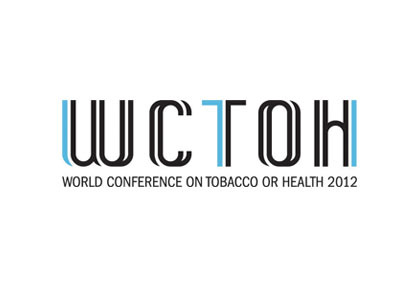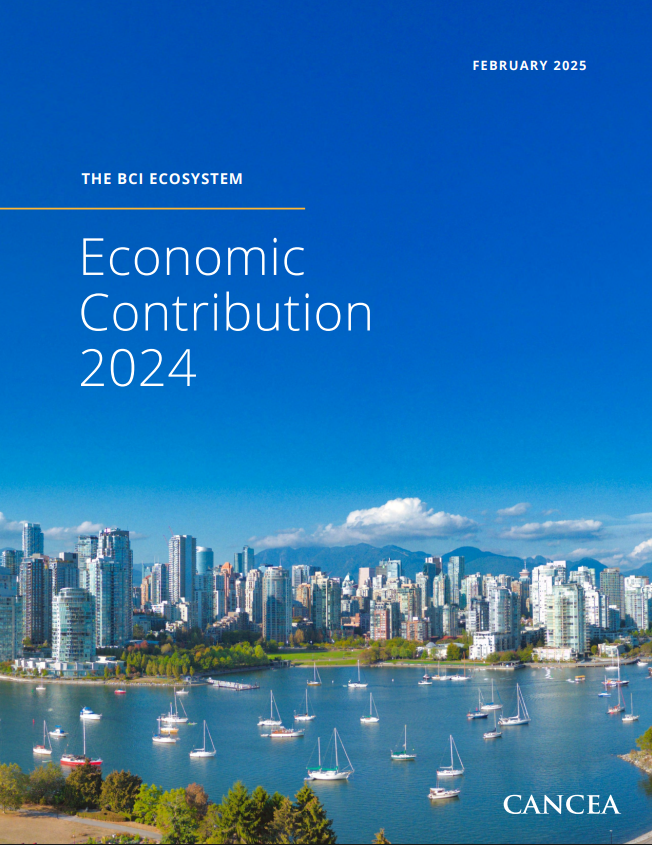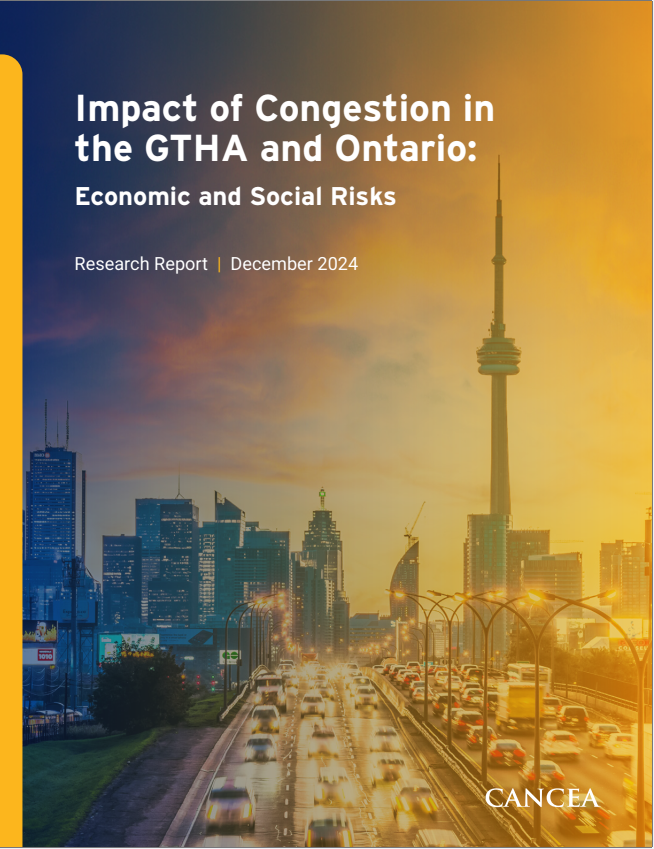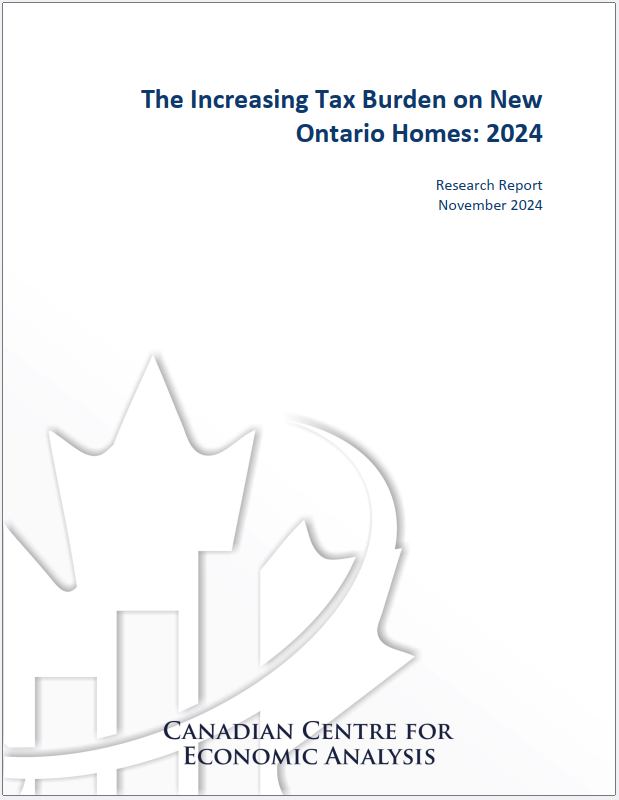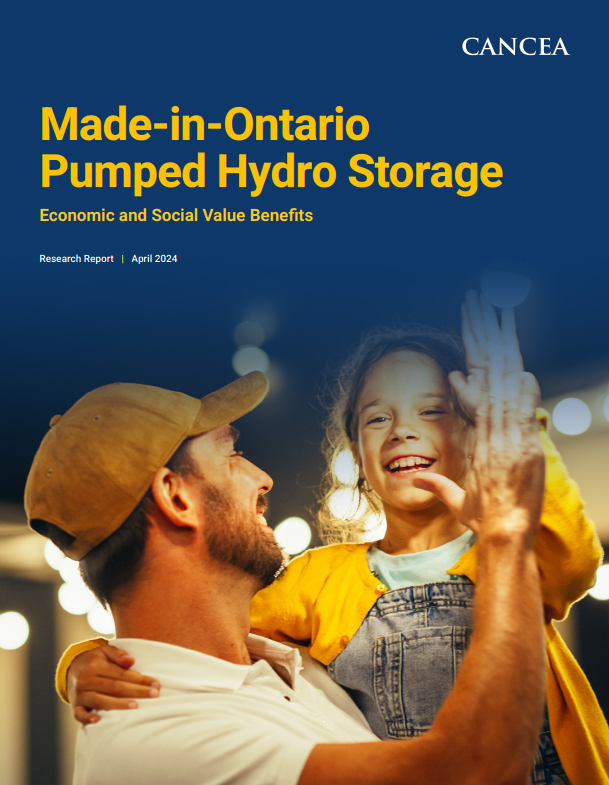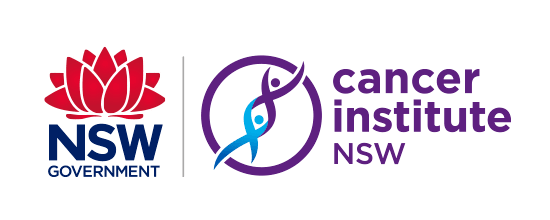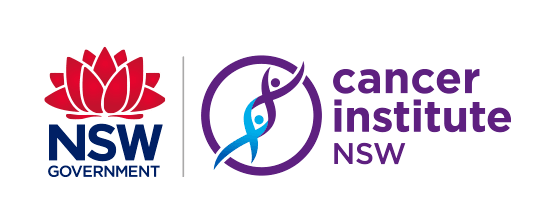Objective:
The Canadian Tobacco Control Research Initiative recently examined how forward looking risk management methods could be used to understand the complexity of available information in order to support research and resource planning among the various different stakeholders involved in a national tobacco control system. With historically falling smoking trends, rationing of resources, and the emergence of other health priorities (e.g. obesity, exercise), the overall dedicated focus on tobacco control initiatives is at risk of being reduced. It is therefore important for the tobacco control community to be able to advise policy makers of the consequences of changing tobacco control measures.
Method:
An interdisciplinary risk management framework has been employed in order to simulate the effects of changing various tobacco control policies (youth access, taxation, cessation programs) on the epidemiological and economic burden among the various demographic groups within Canada as well as their governments.
Results:
The results provided a new way in which tobacco control along with changing funding levels and research directions could be understood through the impacts upon life and macroeconomics. Such reward and risk analysis places the importance of future tobacco control into stark contrast with the benefits of action and the costs of inaction. Using forward looking risk management techniques, the need emerges for policy that places a stronger focus upon co-occurrence of risk factors, greater structural organization across tobacco control research decisions and performance evaluation, and a greater dedication toward management science and data integrity completeness.
